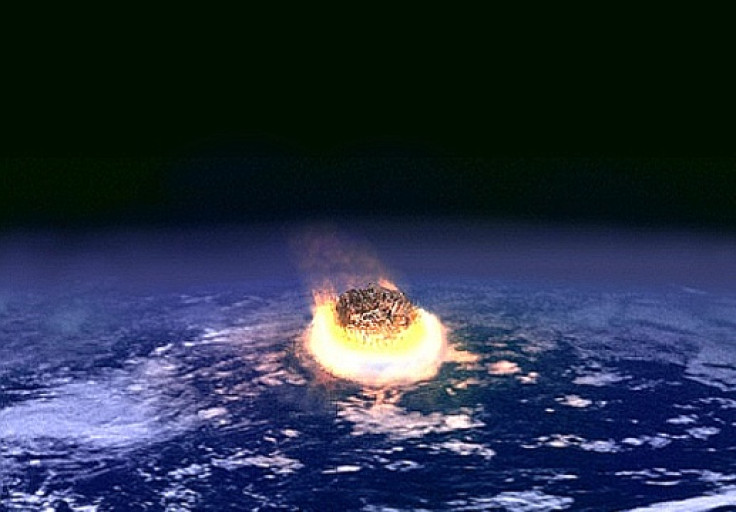USA Keeping Hold of Nuclear Weapons 'to Defend World from Asteroids'

The US has said it is holding on to its old nuclear weapons in order to defend the planet from earthbound asteroids.
In a statement provided by the US government Accountability Office, first reported by the Wall Street Journal, officials say they are holding off dismantling nuclear warhead components because of the potential threat of asteroids.
The information was found inside a 67 page report on the National Nuclear Security Administration.
Providing the reason, the document said: "For potential use in planetary defence against earthbound asteroids.
"NNSA officials told us that CSAs [canned subassembly – a component of the weapons] associated with a certain warhead indicated as excess in the 2012 Production and Planning Directive are being retained in an indeterminate state pending a senior level government evaluation of their use in planetary defence against asteroids."

It said that while the weapons were due to be disarmed next year, the CSAs are seen as an "irreplaceable national asset".
According to The Atlantic, the "senior level government evaluation" indicates that the US government is working on a contingency plan in the event of an earthbound asteroid.
The report follows a study published in the journal Nature, in which scientists looked at how best to protect Earth from a potential asteroid impact.
Researchers from the University of Tennessee in Knoxville were looking at the asteroid (29075) 1950 DA, which has a mean diameter of 1.1–1.4 km and a one in 4,000 chance of hitting Earth in 2880.
They found that instead of blowing it up like in the 1998 film Armageddon, governments would be better off trying to push it on to a new trajectory.
The team said blowing it to pieces would be dangerous because there is no way of telling what would happen to the fragments: "You'd want to avoid interacting with the asteroid directly," said Ben Rozitis, co-author of the study.
© Copyright IBTimes 2024. All rights reserved.






